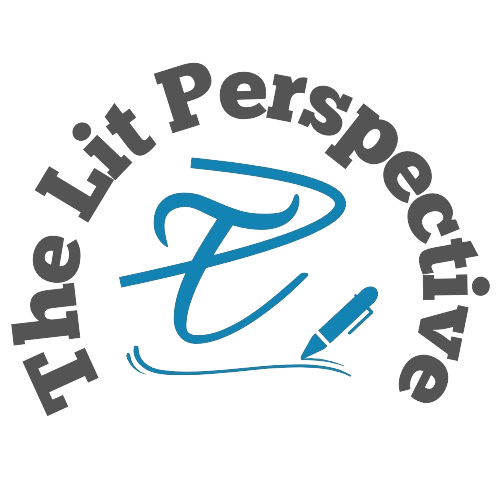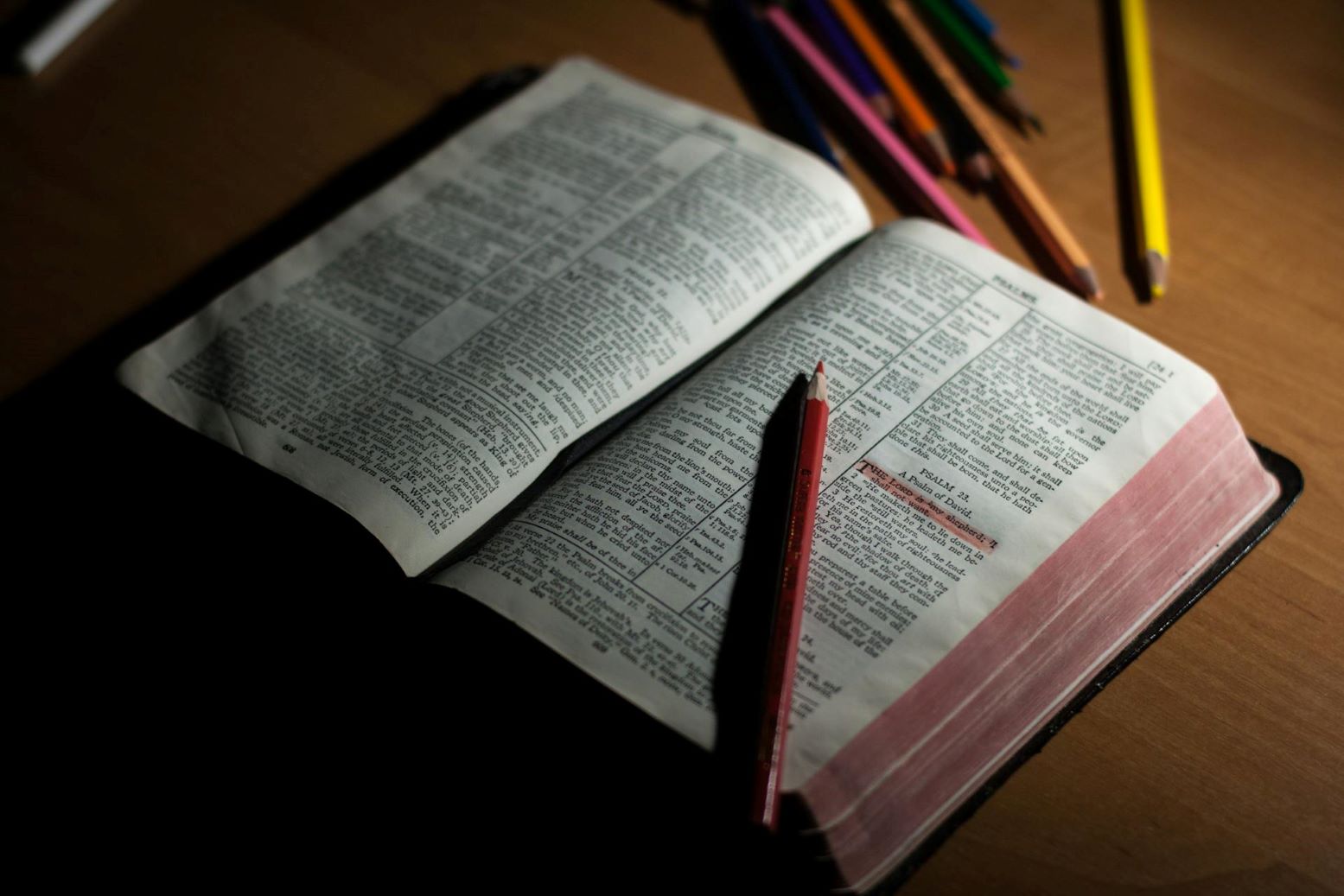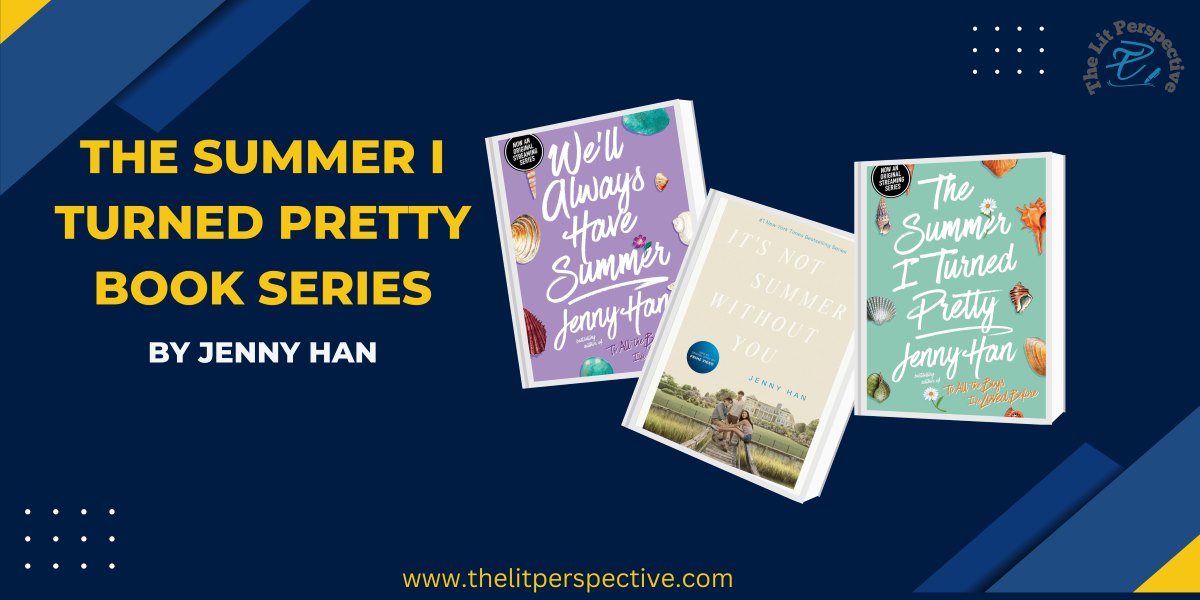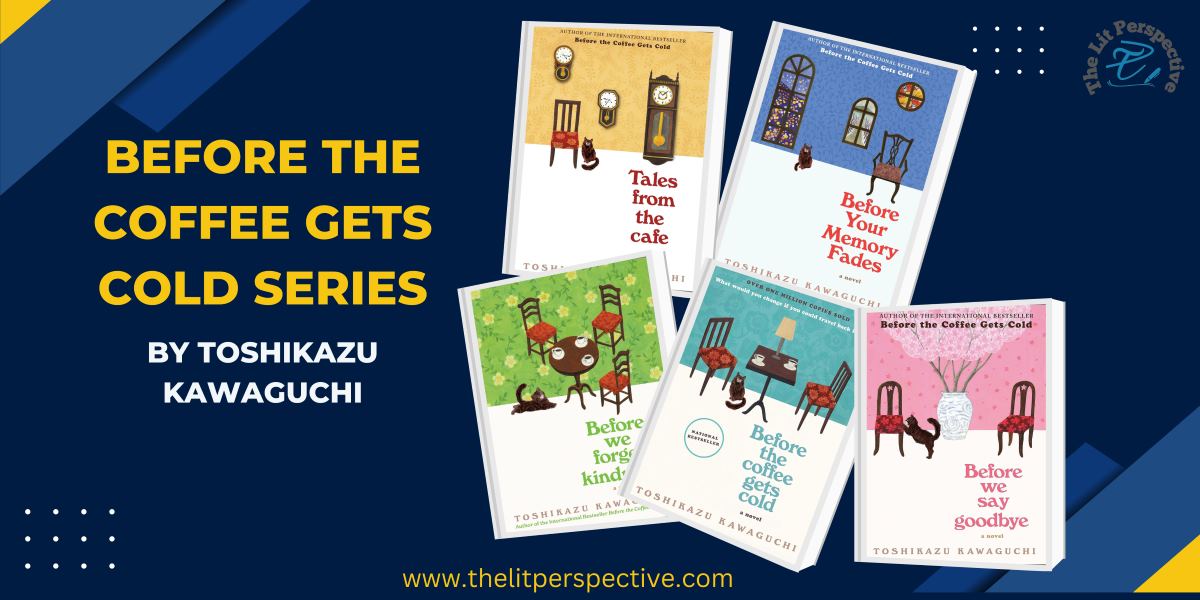TheLitPerspective is your one-stop shop for everything that ignites the spark of curiosity within you.
Learning About the World Early in Children’s Books
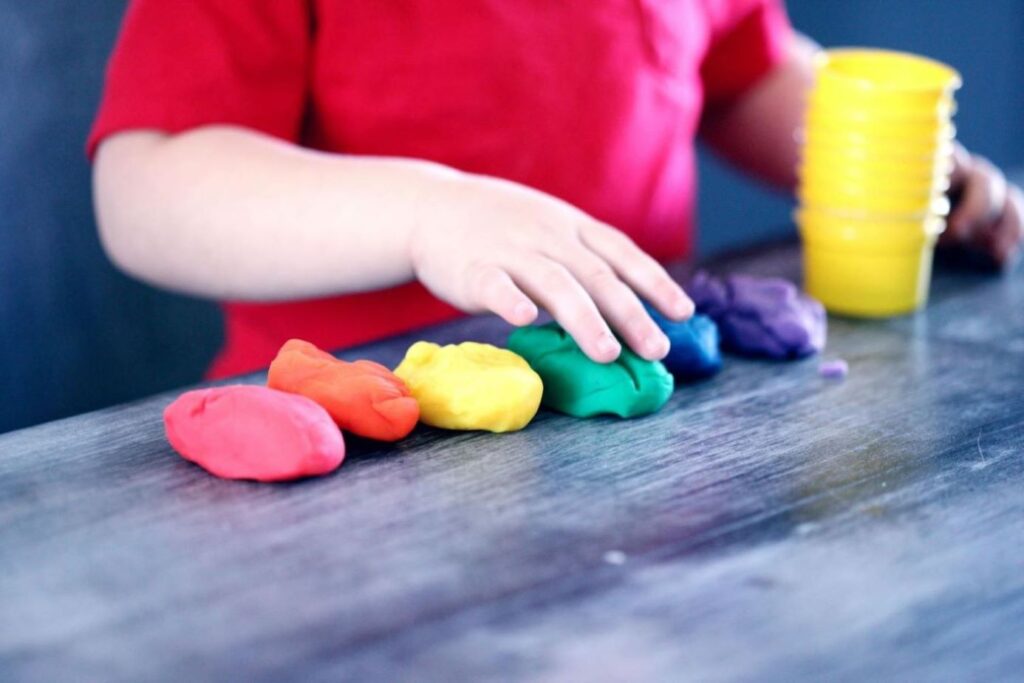
Photo by Alexander Grey
Children’s literature can serve as a gateway to learning about the world early. Books, when geared and designed for young minds, offer a window into the world outside and beyond. Just from the comfort of their bedrooms and their houses and their classrooms, books take children across space and time. With reading, they learn much about other cultures, other countries, other people, historical events, scientific discoveries, and fantastical mindscapes.
The Power of Imagination in Children’s Books
Many children’s book authors understand that the greatest help that a book can give is that it helps children shape and improve their imaginations. By letting children know more about the real world (and some worlds unreal), children are inspired to think critically and creatively.
This exploration of the imagination not only practices children’s cognition but also allows them to analogize—to essentially find patterns in things and compare them with one another. That’s why children’s books can be a really wonderful and efficient primer in introducing to children some necessary truths about the world that they may have a hard time engaging with in the real world.
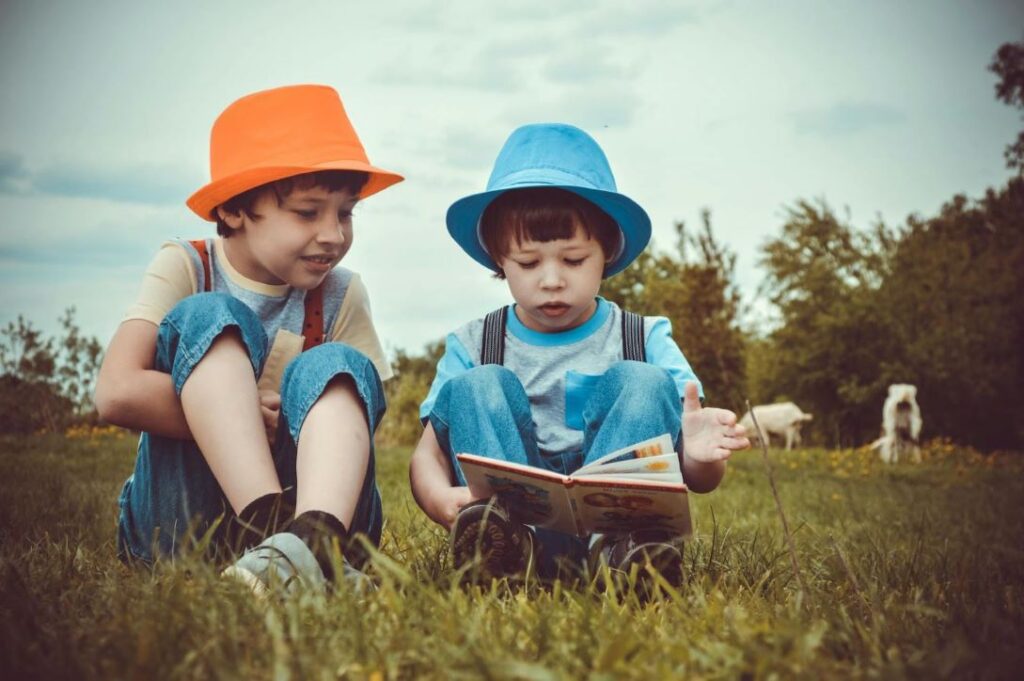
Photo by Vika Glitter
Because children easily immerse themselves in deliberate and imaginative worlds, authors have the power and the responsibility of making sure that their books speak to the level of children, informing them about concrete and abstract concepts in a way that is more digestible to their young minds.
Moreover, a good function of children’s books is their ability to let children know of the differences between people and the necessity to engage with them accordingly.
Learning About the World Early: Building Knowledge and Understanding
In addition, children’s books also serve as valuable sources on a wide variety of subjects. As we’ve said before, many children’s books are deliberately designed to introduce young readers to really important concepts. Through books, complex ideas like science, math, history, and others can be simplified for children. This helps children develop a solid foundation for future learning.
Furthermore, children’s literature is also very crucial in developing language skills. While it is still important that parents engage verbally with their children, children’s literature helps expose children to new vocabulary, better sentence structuring, and learning how to convey their ideas.
Learning About the World Early: Fostering a Love of Learning
Of course, the most important function of children’s literature is to foster a lifelong love of learning in children. The pursuit of learning and educating yourself is one of the most impactful factors in living a successful life. If you don’t know how to search for answers, you’ll never get anything done.
By introducing your children to the importance of reading and the joys of narratives, they cultivate in themselves a curiosity about the world and a desire to explore new ideas.
When children associate with books positively, they also think that learning is a good recreational activity. This makes them more lifelong learners, eager to seek out knowledge and widen their horizons.

Photo by Andrea Piacquadio
How Parents and Educators Can Help
While books are a great help, parents and educators still need to steer their pursuit of literature properly. This should be done by being with children when they are reading and helping them with it, reading aloud words that they find difficult, explaining unknown vocabulary, etc. Adults also have the responsibility of diversifying children’s reading patterns. Don’t just have them read what they think is fun. Do that, yes, but also make them aware of the wider range that the bookshelf has.
On the other hand, educators, both in schools and libraries, should promote literacy as their foremost goal. By making it so that their institutions are accessible and open-minded, they help create a stimulating and supportive learning environment for their young students.
Becoming Worldly Through Books
The world of children’s literature is very beneficial to the development of young minds. Through their imaginative and informative attributes, books let children explore the world without stepping outside and, in conclusion, develop an idea of what the world should be like.
For books that teach children the nitty-gritty of the world in a more palatable manner, author Sean Nelson and his Bungles books series deliver more. Help your children develop a patriotic spirit at a young age and learn what the United States of America stands for!
Click this link to read more about the Bungles books series.

Alex is a writer with two modes: simple and wild. He’s equally at home going either way. He always has something to say and something to offer, even if it’s only after a few minutes of furious googling. He loves reading and writing random stuff in his spare time.
